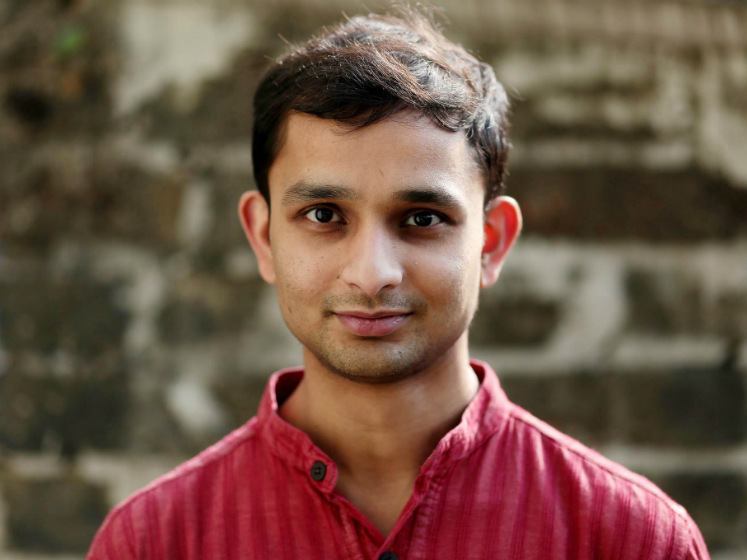 Sroyon Mukherjee
Sroyon Mukherjee
What are you currently researching?
My research is about legal cases involving environmental valuation – that is, how courts put a monetary value on, say, lakes, forests or even whole species or ecosystems.
What attracted you to this area of research?
What is the value of a century-old oak tree? This sounds like an almost metaphysical question until you find out that in 1987, a Belgian court determined it was 254,702 francs.
We often say that we cannot put a price on nature, but if an oil spill despoils a beach and the damage claim ends up in court, a judge or jury has to decide how much the damage is worth, and how to calculate it.
Lawrence Friedman wrote that ‘one function of courts in our society is to answer unanswerable questions’ – and as unanswerable questions go, I find the valuation of nature pretty fascinating.
How will your research improve or have a wider impact on society?
Economic valuation methods seem to offer objectivity and certainty, but of course they are based on particular methodological and philosophical assumptions. A coherent, considered judicial approach to valuation can avoid the pitfalls of unthinking adherence to economic formulae on the one hand, and unfettered judicial discretion on the other, while giving due importance to other factors such as distributive justice.
What do you hope to do career-wise, long term?
I used to be a finance lawyer in a London law firm, but I made the decision to pursue a PhD because I enjoy research and teaching. I want to be an academic whose research has an impact on law and policy.
What are your tips to prospective students on the most effective way to approach research and keep stress levels down?
Not to get too bogged down with research and writing! I am often more productive on days when I go for a lunchtime concert in the Shaw Library, or spend an hour looking after our rooftop beehives (last year I was president of the LSESU Beekeeping Society).
Speak to other students and academics about your research (and theirs), have regular meetings with your supervisor, attend conferences. Umberto Eco’s wonderful, no-nonsense book, How to Write a Thesis, has many great pieces of advice, but my favourite is this: ‘Do not play the solitary genius.’
What resources are available at LSE to help young researchers?
The PhD Academy runs some very useful courses and ‘surgeries’ and is a great place to meet PhD students from other departments. The Teaching and Learning Centre’s PGCertHE programme helped me become a better teacher.
I have learnt a lot from PhD students and staff in my department. But I couldn’t even have embarked on the PhD without the financial support of LSE and the Department of Law: my studentship covers tuition fees and living expenses, LSE’s travel fund allowed me to present at conferences abroad, and I recently got a bursary to spend two months as a visiting scholar at Berkeley.
What do you enjoy most about studying at LSE?
I did my undergraduate degree at a specialised law university, so it still blows my mind that at LSE I can meet an economist in the morning to clarify a point on my thesis, have lunch with a PhD student in geography, and attend an evening public lecture on time travel.
Anthony Bradney described law as a parasitic discipline, and LSE is an amazing place to be an academic parasite.
See all interviews with LSE researchers